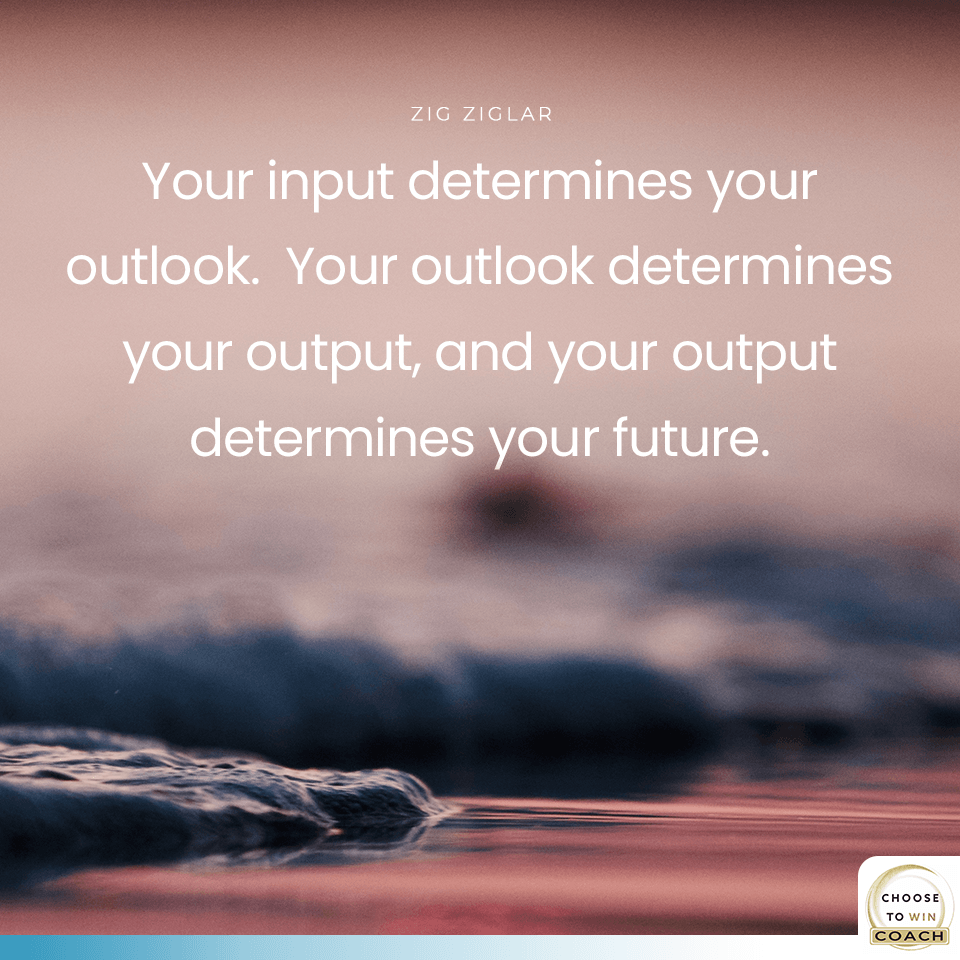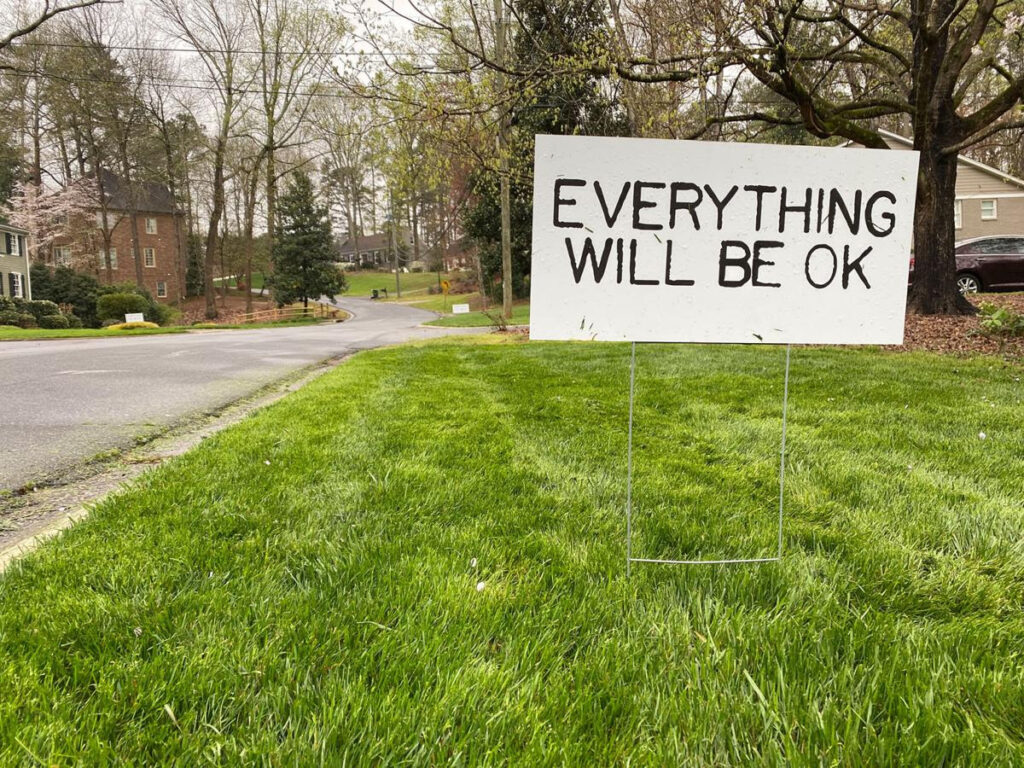Do you think before you act? Getting control of your subconscious mind
How many times have you done something (nor not done something) and said to yourself, or even out loud, “I can’t believe I just did that!” If I were to rephrase the question to myself humbly, I would have to start the question with, how many times each day? But that’s just me. I am sure that never happens to you.
Research tells us that our minds have somewhere around 6,000 thoughts per day. I have a gift for asking my wife to add a few more related to me each day. That usually goes over really well. Jokes aside, thank goodness that many, no most, of the thoughts we have each day we are not even aware of. If we had to keep up with 6,000 thoughts, imagine how much more tired you would be every night! Fortunately, our subconscious mind works overtime, so we don’t have to.
Let me share an example of what I mean. If you go to an office every day or have a store, shop, or restaurant frequently, how many times have you been driving to that place lost in thought about all kinds of things? You weren’t paying attention to where you were going, your speed, or anything else. You may have arrived there with almost no memory of anything during the drive. Your subconscious mind took over and led you there without effort.
In many ways, this can be a good thing. Why? Because you don’t have to expend energy thinking about what you are doing. You get in your car, and your subconscious mind takes over and leads you to the place that you’ve been hundreds of times before. This frees you up to think about the people you might be meeting there, the things you’re going to do once you arrive, or any other task on your mind.
The exciting thing is when your subconscious mind leads you to repeat behaviors or attitudes that are not helpful and work against you; then it’s time to bring those thoughts under control. Again, let me illustrate my point with a couple of examples that hopefully will help you identify areas in your own life where you need to evaluate yourself.
I have a habit of becoming very defensive anytime someone disagrees with me or suggests I may be off base. I’m not too fond of this about myself, but unfortunately, for reasons I don’t even understand, it is a behavior I adopted over the years. I have had to work diligently on myself (with the help of a couple of trusted advisors in my life) to learn to respond rather than react when I face a challenging conversation. I won’t get into the minutiae of the thoughts and behaviors, but now I can often pause, take a deep breath, and gather my thoughts before reacting, which generally comes as anger, dismissiveness, or worse.
Also, I used to drive like I was in a NASCAR race no matter where I was going. Worse still, in addition to driving at high rates of speed, I could easily be provoked to road rage and doing and saying things that were not part of my core values. I recently learned to slow down, relax, and enjoy listening to music or podcasts that inspire me while driving. I am a much nicer guy behind the wheel now.
These are a couple of examples of things I have identified as subconscious behaviors that are destructive to who I want and aspire to be. I have had to go through a process of self-awareness and self-discovery to get to this place, but it has been well worth the effort. Are there things in your life that you have been holding onto or doing without thinking for way too long? Are they the source of walls you have built up with those closest to you? I am sure that all of us have at least one thing that we, and those closest to us, would like us to change.
To get you to commit to training versus trying, l offer the following suggestions. You’ve wanted to do many things in the past but trying harder, rushing through things, and working longer is not the answer. I can’t give you a hard and fast solution that for sure will apply to you. Nonetheless, try to implement these ideas, and you will begin to find the answers for yourself.
First, make commitments to yourself. Schedule time, do it consistently and find someone to hold you accountable. Commitments trump feelings every time. Next, prepare and commit to the change. Again, thinking about doing something is just a dream. Committing and doing it is where change occurs. Finally, put systems in place and evaluate results. Without a target to shoot for and without guideposts along the way, how will you know if you’re on track? As you evaluate your results, I would further challenge you to ask yourself and/or to share with your coach or accountability partner the tough questions that no one else will. This is where real change begins.
Whether you have developed a bad habit during the pandemic the last couple of years or have behavior that has plagued you for most of your life, stop accepting those behaviors, make a plan to change them, and work on them diligently. I would love to hear from you about the things you are working on and the results. I know you can do great things.
Did you enjoy this article? If you haven’t already, please be sure to subscribe to this blog, where I post every Tuesday. You can also get additional free content by subscribing to my YouTube channel or following me on Facebook, Twitter, Instagram, or LinkedIn.
I also invite you to review my coaching page on my website here. I have only a couple of spots left in my Personal Development Coaching Practice. Each week I offer two free strategy sessions on a first-come, first-served basis to people interested in exploring how to become a person who pursues their goals and dreams. These special hour-long sessions prove again and again to be invaluable to those who participate. You can book these directly on my coaching page – I look forward to serving you.








